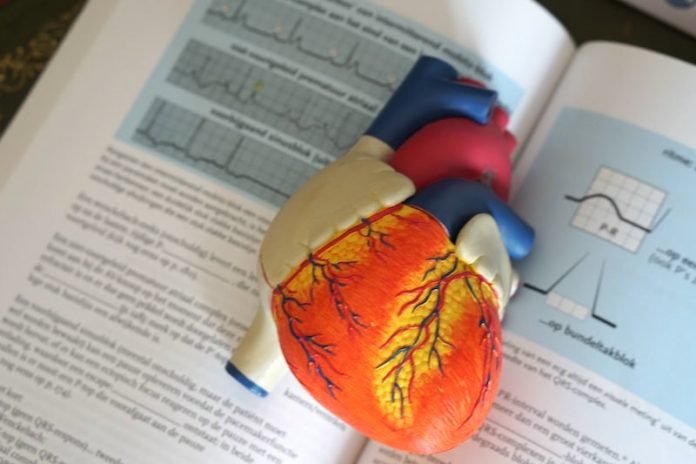
In a new study, researchers found that COVID-19 vaccination in patients who had an inflamed heart muscle in the past is not linked to a recurrence of the condition or other serious side effects.
These results provide reassuring data that may encourage patients with a history of myocarditis to get vaccinated against SARS-CoV-2.
Myocarditis is an inflammation of the heart muscle. Signs and symptoms include fatigue, chest pain, shortness of breath, and rapid heartbeats.
The inflammation can reduce the heart’s ability to pump and can also cause arrhythmias (irregular heartbeats).
Prevalence is estimated at 10 to 106 cases per 100,000 individuals worldwide. The leading cause of myocarditis is a viral infection.
Rare cases of myocarditis following SARS-CoV-2 vaccination have been reported in the scientific literature with a prevalence of 2.1 cases for 100,000 inhabitants.
In the study, a total of 142 patients with a prior history of confirmed acute myocarditis were enrolled.
Among the vaccinated patients, 12 had one dose and 43 had two doses.
Patients were mainly vaccinated with BNT162b2 mRNA (53 patients, 96.4%). One patient had the mRNA-1273 vaccine and one had the Ad26.COV2-S [recombinant] vaccine.
The researchers also obtained information about side effects following vaccination from medical records.
These included serious events such as death, arrhythmias, and recurrent myocarditis. There were no serious adverse events after SARS-CoV-2 vaccination.
They showed that SARS-CoV-2 vaccination in patients with a history of acute myocarditis is not associated with a risk of recurrent myocarditis or other serious side effects.
It should be noted that the majority of patients in the study received the BNT162b2 mRNA vaccine and therefore the findings may not apply to other vaccines.
If you care about Covid, please read studies that almost 1 in 3 older people develop new health problems after COVID-19 infection, and this existing drug can save damaged lungs in COVID-19.
For more information about health, please see recent studies about a new drug that could prevent COVID-19, and results showing that Ivermectin prescriptions for COVID-19: Insurance coverage doesn’t match evidence.
The study was presented at ESC Acute CardioVascular Care 2022 and was conducted by Dr. Iyad Abou Saleh et al.
Copyright © 2022 Knowridge Science Report. All rights reserved.



